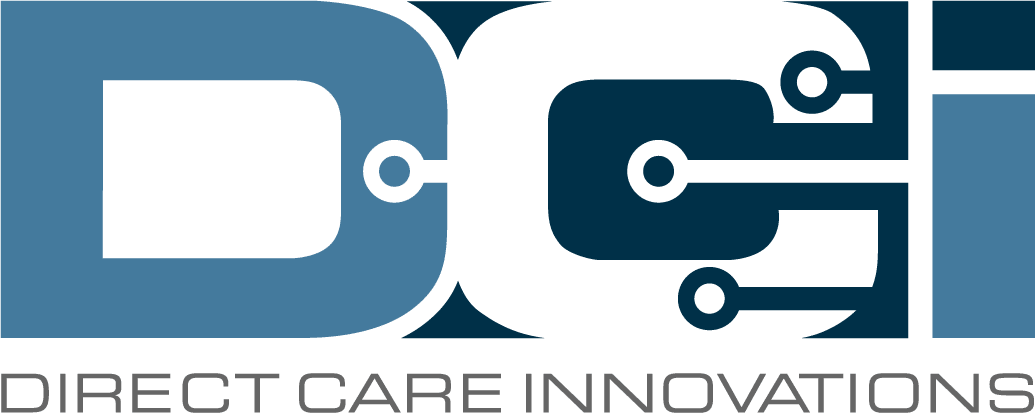Don’t Wait – EVV Mandate Goes Into Effect January 1st, 2021
Electronic Visit Verification (EVV) mandate goes into effect January 1, 2021, and it’s important to not wait too long before you choose your provider as it can take upwards of 1 month to get implemented.
New Year, New EVV Mandate
Medicaid, Medicare, and home healthcare direct service providers know that the Electronic Visit Verification (EVV) mandate, which provides electronic proof of in-home direct healthcare service visits, goes into effect on January 1, 2021.
On December 13, 2016, the 21st Century Cures Act (CURES) came into law. One portion of the law directs states to require the use of Electronic Visit Verification (EVV) for Medicaid-provided personal care services and home health services.
EVV is required to be in place by 2021 for personal care services, and 2023 for home health.
Nationwide Requirements
Each state determines its specific policies, so there is some variance across state lines. All states, however, are required to utilize an EVV solution that captures the following data points at a minimum:
- Date of service
- Type of service
- Location of service
- Start and end-times of service
- Individual served
- Provider name
Is the EVV Mandate Even Necessary?
The EVV Mandate helps ensure patient care and proper allocation and distribution of funds. It also provides crucial benefits to your organization and employees.
Benefits for the Business
The EVV Mandate can help your business improve on time management, reporting, accountability, efficiency, and safety. For instance, moving systems online in an integrated software that captures data from varying functions ensures the accuracy of record keeping. If you use GPS, the records can also be time-stamped. With these features, billing becomes a whole lot easier.
Benefits for Employees
Second, employees are empowered to be more productive when they aren’t bogged down in administration. Using mobile devices ensures easy access and connectivity in virtually any location.
Reporting is streamlined and captures better accuracy, and it also delivers real-time data, which is always helpful. No more waiting on reports and battling contingencies in data integrity. You can also record training sessions, certification dates, and scheduling assignments for team members.
What Are My EVV Solutions?
Since the mandate allows states to determine their policies and assigns them administrative rights, states also determine what model to employ for EVV. Below is a guide that captures the types of EVV model possibilities and, where information exists, which states utilize which model. Please check with your state for confirmation on the information contained herein.
Open Vendor Model
These states choose an EVV solution but still allow direct care organizations to utilize their own vendor provided they are able to integrate with the state system.
States: Arizona, Arkansas, Colorado, Delaware, Florida, Georgia, Hawaii, Idaho, Indiana, Iowa, Louisiana, Maine, Maryland, Massachusetts. Michigan, Minnesota, Missouri, Nebraska, North Carolina, North Dakota, Ohio, Pennsylvania, Vermont, Virginia, West Virginia, Wisconsin
Mandated Vendor Model
States determine their EVV platform and require organizations to use their solution.
States: Alabama, California, Connecticut, Illinois, Kansas, Mississippi, Nevada, New Mexico, Oklahoma, Oregon, Rhode Island, South Carolina, South Dakota, Texas
Provider and Managed Care Choice Models
Organizations identify their own EVV solutions at their expense.
States: Alaska, Utah, Tennessee, Washington, Washington DC
States Undecided at time of research: Kentucky, Montana, New Hampshire, New Jersey, New York, Wyoming
How DCI Supports Your EVV Efforts
Direct Care Innovations offers a robust solution that both meets the federal mandate and also delivers multiple benefits, including improved customer experience, better time management, more accurate reporting, and optimize revenue, among others. Find out more about DCI’s EVV solution by contacting us at (480) 295-3307 or schedule a free demo.

